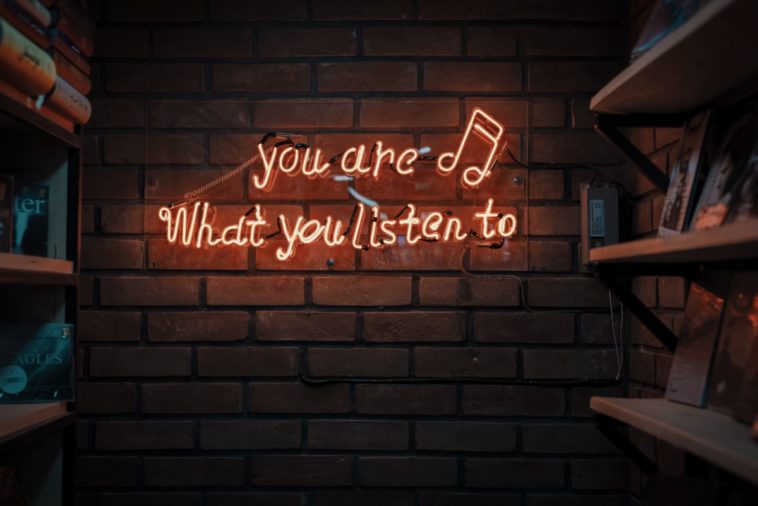h2>Dating : Hearing vs. Listening to Your Partner
The Routine
We all have one. We come home from work, change our clothes, ask about the day, and then the sounds of our partner begin to blend. We aren’t listening; now we are just going through our routine. No shame, it is what we humans do. System overloaded yet, we want to show we care, so we ask. The problem? We ask for our partner to speak, but are we REALLY listening to what they say?
The Facts
“Research shows that the average person listens at about 25% efficiency,” according to a study by Husman, R. C., Lahiff, J. M., & Penrose, J. M. (1988). Business communication: Strategies and skills. Chicago: Dryden Press.
Imagine that! We have all experienced this moment where we begin talking and realize that the recipient of our message is not entirely receiving on the other end. This can lead to misunderstandings, wasted time, missed appointments, forgotten anniversaries, and uncomfortable conversations. Now more than ever, listening is hard with our social notifications blinking, our e-mails counting upward to 1,000, and our cell phones ringing. The world has become a noisy place, and we were already not the best creatures when it comes to listening.
So what do we do when our partner values words of affirmation or quality time or just genuinely active listening?
The Practice
We must learn to practice skills that help us become more present partners and more active listeners, which in turn will make us better humans. As the wise Calvin Coolidge said, “It takes a great man (or woman) to be a good listener.”
So how do we improve our listening capabilities?
- Stop talking when people are speaking or thinking or what you want to say! The hardest part of being a great listener is the actual listening part. All too often, our partner is asking us where we hid the cheese, and we are yelling “the fridge” before they can even finish the eese!
- Clear Away Distractions. Period. Want to convey that you are listening? Put your phone down, turn the TV off, and face them! Giving direct contact with focus shows someone that what they are saying matters.
- Build confidence by identifying the speaker’s emotional state. Are they happy, sad, concerned, or firm in their communication? Make the person talking feel good by reconfirming what you hear, and when it makes sense compliment their emotional state to build confidence early on in the conversation.
- Provide feedback once asked. That is right. Pause. Do not just give your input or opinion if your partner isn’t open to it. Understand if the person you are listening to even wants feedback.
- Ask questions! Assume that what you know is nothing and what you believe is wrong. Come to each conversation with a blank slate and allow the conversation to reach new places by asking questions that may allow you not only better to understand the person speaking, but also appreciate a unique point of view.
Listening is not always easy. However, to build an authentic connection with our partner (and everyone in the world frankly), we must improve our ability to listen and not be so fast to speak.


